Mahan Esfahani is a man on a mission. A mission to put the harpsichord back where it belongs: front and centre on the world’s biggest stages. Often seen as an artifact from the Baroque period, the Iranian-American musician is ready to prove that there’s so much more to the corded instrument than Bach or The Addams Family theme tune.
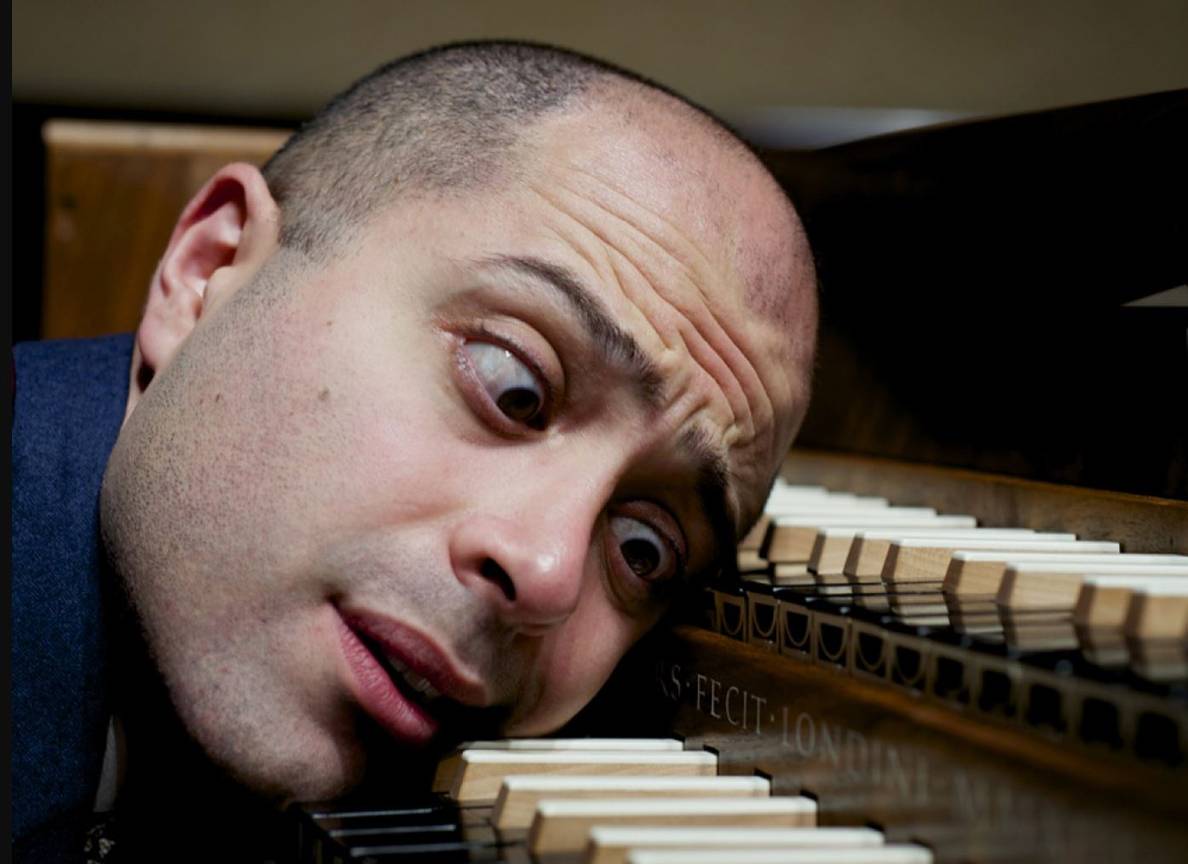
Mahan Esfahani's night at the museum
Let me make one thing clear: Mahan Esfahani truly is the bad boy of the harpsichord. The Telegraph called him “radical”, The Guardian opted for “provocative”, and on Twitter, he himself went with: “The harpsichordist your mother warned you about.” When you read these accolades, you might have a rough idea of the kind of musician I’m describing.
But for me, all those descriptions clicked about fifteen minutes into the interview. That was when Mahan Esfahani used the word “schmuck”, a word you don’t usually hear come out of classical musicians’ mouths. He used it as follows: “This one programmer once told me: ‘We just don’t do harpsichord music.’ And I told the schmuck: ‘Well you don’t know the first thing about music then.’” Now you get who I’m talking to.
Ever since he studied musicology at Stanford, Mahan Esfahani has been fighting on all fronts to revaluate the harpsichord. He works for BBC Radio 3, has recorded albums both on Hyperion and Deutsche Grammophon, and took the stage in venues from Carnegie Hall to the Sydney Opera House. All that on an instrument that most people would call ancient and outmoded. So why this fascination for the harpsichord? “It always boils down to the fact that you have to like what you’re doing. Some harpsichord players will point out that they love the authenticity of the instrument or that they find it historically interesting, but that’s all secondary to me. I like the way it sounds. It can offer a production of sound that I find interesting. That’s what made me come to the harpsichord, and that’s what’s making me stay with it as well.”
You’ve been staying with the instrument for quite some time now. What is it you’re working towards?
MAHAN ESFAHANI: I want the harpsichord to be an instrument on par with the violin or the piano. They dominate the stage. Most concerti programmed worldwide are for those two instruments. But why shouldn’t the harpsichord be up there too? There are beautiful concerti for harpsichord. Not only by Bach and Mozart but also by Glass or Poulenc. There’s just such an immense library of great harpsichord music that people, even people in the industry who are supposed to be familiar with all kinds of classical music, don’t know about or flat-out refuse to listen to. That’s ludicrous.
“I want the harpsichord to be an instrument on par with the violin or the piano”
Isn’t it limiting that, while you’re trying to push the instrument into the modern age, you’re obliged to play a lot of old music?
ESFAHANI: Nobody is forcing me to play old music! I play the music I play because I like it. The Renaissance composer William Byrd, who I’ll be playing in Brussels, is amazing. I love him. You play that music because it’s a choice. But music from the here and now is just as important. Contemporary composers like Miroslav Srnka. Now more than ever, people are finding ways to utilize the unique acoustic qualities of the instrument. Personally, I discovered a massive amount of interesting modern and contemporary music through my love for the harpsichord. I think that’s also an important role I can play, to help people discover those compositions.
It strikes me as ironic that you’re fighting for a revival of an old instrument but then you’ll be playing a concert on historic instruments that are part of a museum collection.
ESFAHANI: I disagree. Violinists glorify the Stradivarius as well don’t they? It’s not that I deliberately want to play on old instruments, but the fact is these instruments are really good. Though it’s important not to parasite or romanticize this. Some musicians tend to forget that these are instruments meant to express something. A Baroque harpsichord is inevitably going to express something else than a custom-built brand-new carbon fibre one. It’s your job as a musician to look for what you want to express and find what you need to do that. It’s in the name: they are instruments.
If what you want is to revaluate the harpsichord, do you need to stick to classical music? Isn’t popular music helping the revaluation just as much?
ESFAHANI: It’s true that loads of people know the harpsichord through those four notes and two claps in the theme tune to The Addams Family or through The Beatles or Simon & Garfunkel. But to call that a revaluation, in my opinion, would be wrong. That’s not what I would call great music. I want to revaluate the harpsichord, but by introducing listeners to great music. When something is used as a trope it loses value. It’s a question you must always ask yourself, not only in classical music, but in all artforms. At what cost are more people getting to know this? For me the benefits of diverging into popular music do not outweigh the costs.
MAHAN ESFAHANI 20/2, 20.00 Musical Instrument Museum
Read more about: Brussel-Stad, Muziek, Muziekinstrumentenmuseum , Clavecimbel, Bozar
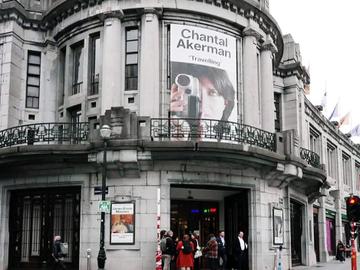
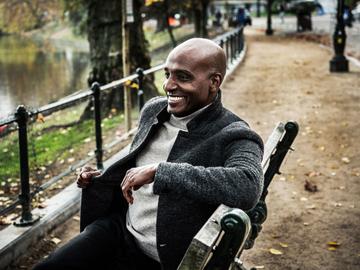
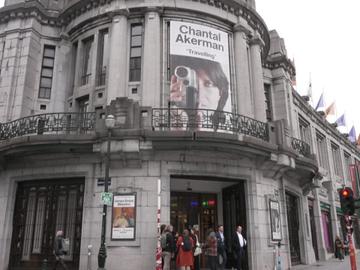
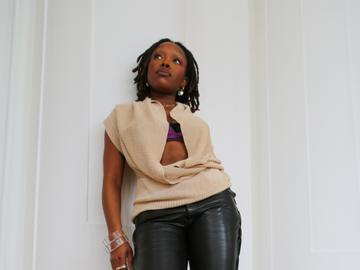
Fijn dat je wil reageren. Wie reageert, gaat akkoord met onze huisregels. Hoe reageren via Disqus? Een woordje uitleg.